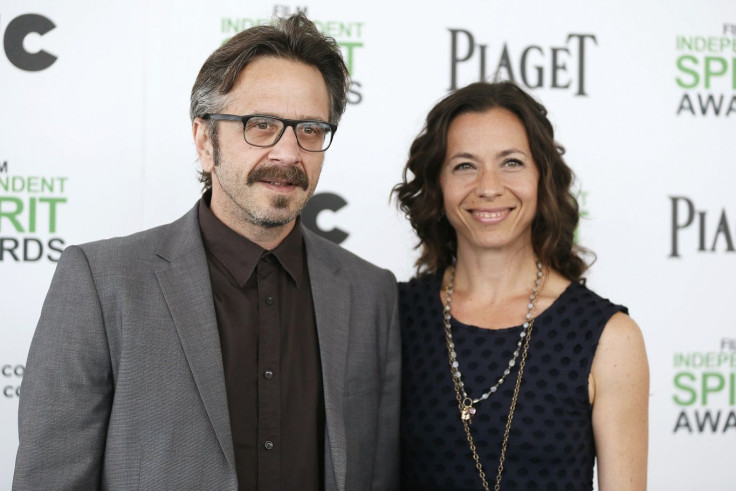Experts Share How To Promote And Profit From Podcasts

In case some people aren’t aware yet, podcasting is now a multi-million dollar industry. Advertisers and host websites are paying large sums of money to secure podcasts’ prime advertising spots.
According to a report by Ryot.org, podcast host Marc Maron of “WTF With Marc Maron” rakes in US$15,000 [$19,000] per ad. Imagine the kind of money Maron makes in a year, considering the dozens of advertisers who compete for Maron’s mention and time. While some hosts get revenue for ads, host websites seek the services of marketing experts for monetising content. Audioboom (LSE: BOOM), the leading source of spoken word content in the world, has hired WideOrbit Inc. to distribute and monetise its podcasts.
Audioboom currently has 3.6 million users and works with over 2,400 global content partners. The platform is now using WideOrbit’s “WO On Demand,” a system that subtly inserts audio advertising for the revenue of both parties.
“WO On Demand is exactly what we need: a podcast monetization solution designed for resilience that can scale with our expectations for increased traffic as our business expands across the world,” said Lance Paterson, Head of Ad Networks at AudioBoom.
WideOrbit’s monetising strategy is one of the podcast-centric business models that advertising firms practice. Another is how Midroll Media LLC sells advertising for 130 podcast shows, including several podcasts from Slate Media. Erik Diehn, Midroll Media LLC’s vice president of media development, said that he expects four of their clients to make more than US$1 million in ad revenue in 2016.
This is the kind of monetising power that new podcasts are trying to get into. The current generation is at the beginning of the podcast boom, thanks to the “Serial effect” that started the niche medium’s rise to success. James Van Orden, an author from Entrepreneur.com, shares that the best way to get noticed is by securing a podcast feed and placing it on iTunes since it has become a “search engine” for podcast content.
Establishing a show’s relevancy is also a trick to attract more listeners, and one of the ways to do this is by practicing simple SEO. The podcast title, author and the show’s description should have essential keyword phrases that the target audience will most likely search for. iTunes is able to categorise shows through keyword and search phrases, and if an advertiser notices the rising number of listens and downloads of a certain podcast, the podcast will most likely be tagged as good advertising spaces.
Contact the writer: a.lu@ibtimes.com.au





















